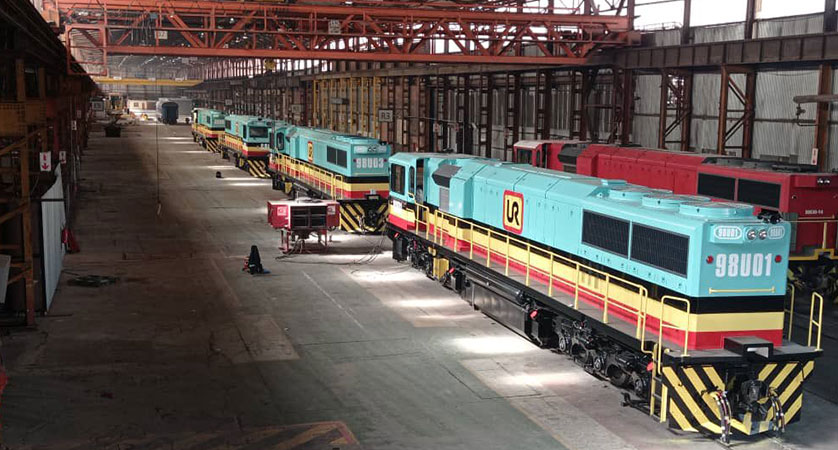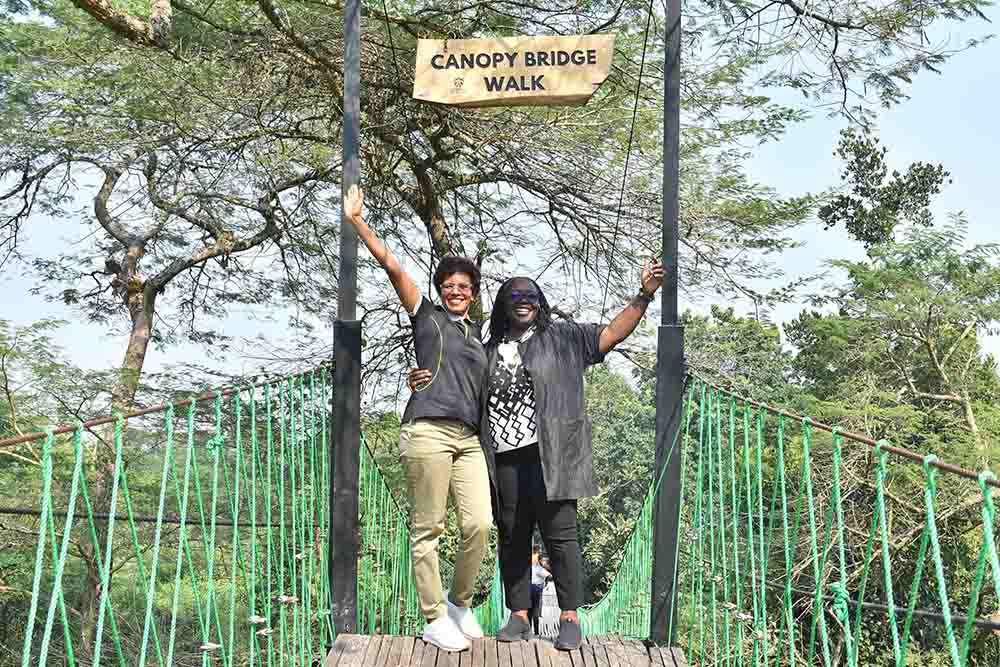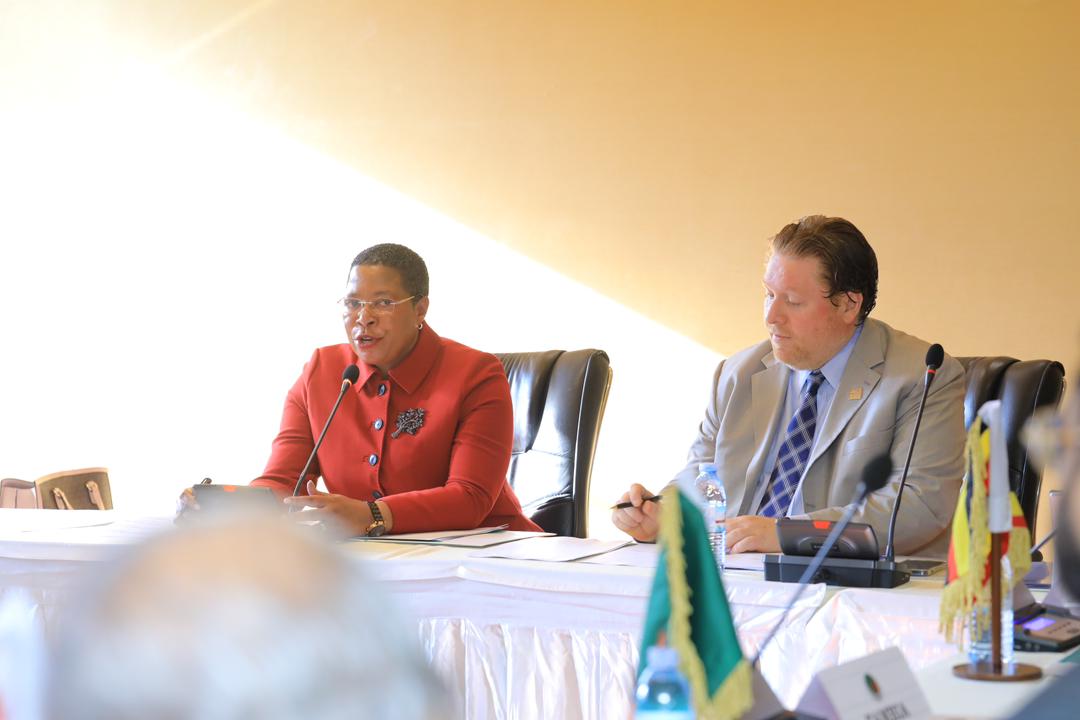A prominent transport consultant has advised the government to explore the possibility of allowing private companies to operate railway transport services using government infrastructure, citing the potential benefits of such collaboration.
Currently, Uganda boasts a developed rail network spanning 1,250 kilometers; however, only about 20 percent of this infrastructure is operational, with the majority either abandoned or inactive.
Paul Power, a consultant with Consultrans SAU, a global transport management and consulting firm, highlighted that the railway sector accounts for less than 2 percent of cargo transportation and less than 1 percent of passenger services in the country. Despite existing capacity, there is a pressing need for incentives to encourage greater utilization of rail transport.
Power emphasized the significance of rail transport to the economy, underscoring its low power consumption and carbon emission levels compared to other modes of transport. Drawing parallels with sectors like energy and telecommunications, Power advocated for private sector involvement in railway operations, particularly in investing in rolling stock to alleviate financial burdens on governments.
As head of the Capacity Building Project at Uganda Railways Corporation, tasked with reviving the state company, Power stressed the need for a financing model to support the railway sector. He suggested government subsidies to offset operational costs, as railways are not expected to generate profits, mirroring practices in other countries.
One of the main challenges hindering railway development in Uganda, according to Power, is the absence of a coherent vision for the sector. Despite significant government investments and support from development partners, the sector lacks long-term planning, resulting in disorganization and regulatory gaps, particularly in safety and security policies.
In response to these challenges, Uganda Railways Corporation is implementing various projects aimed at revitalizing the sector, including infrastructure reconstruction and upgrades supported by the African Development Bank. John Lennon Sengendo, the corporation’s head of communications, echoed the need for government subsidies and welcomed the idea of private sector involvement, emphasizing the potential for recouping investments and expanding the network’s reach.




















